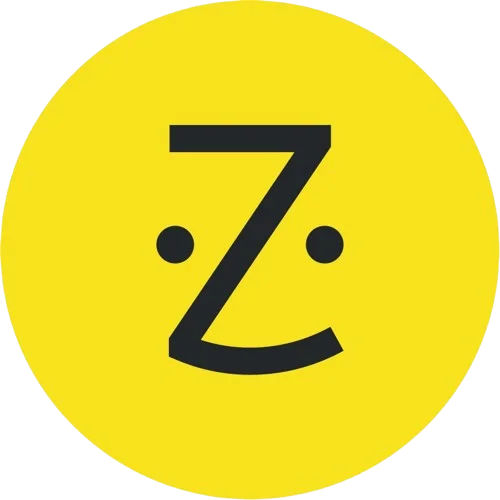Concussions can significantly impact daily life, and understanding the recovery timeline is essential for effective healing. At Bortnick Therapy Enterprises, PLLC, located in Bedford, TX, Dr. Leah Bortnick, PT, DPT, specializes in concussion rehabilitation. Her expertise helps patients navigate the often complex journey of recovery. This blog explores how long it typically takes to recover from a concussion, detailing the stages of concussion rehabilitation and the symptoms of concussion that influence the healing process.
Understanding Concussion Recovery
The recovery time for a concussion can vary widely depending on several factors, including the severity of the injury, the individual’s age, health status, and adherence to prescribed rehabilitation protocols. Generally, most people recover within a few weeks, but some may experience prolonged symptoms requiring extended care.
Symptoms of Concussion
Concussion symptoms can be diverse and impact various aspects of physical, cognitive, and emotional health. Common symptoms include:
- Physical Symptoms: Headaches, dizziness, nausea, and sensitivity to light or noise.
- Cognitive Symptoms: Confusion, difficulty concentrating, memory problems, and feeling “foggy.”
- Emotional Symptoms: Irritability, anxiety, depression, and mood swings.
These symptoms can appear immediately after the injury or may develop over the following hours or days. Monitoring symptoms closely is crucial for tailoring the concussion rehabilitation process to individual needs.
Phase 1: Immediate Rest and Acute Recovery
Duration: 24-48 hours
The initial phase focuses on rest and symptom monitoring. During the first few days after a concussion:
- Physical Rest: Avoid strenuous physical activities and ensure adequate sleep.
- Cognitive Rest: Limit activities that require intense concentration, such as reading, screen time, and problem-solving tasks.
This phase is critical for allowing the brain to begin healing without additional stress.
Phase 2: Symptom-Limited Activity
Duration: Up to 2 to 4 weeks
As symptoms start to improve, gradual reintroduction of daily activities is recommended. Dr. Bortnick emphasizes a symptom-limited approach:
- Light Physical Activity: Gentle activities like walking or stretching that do not exacerbate symptoms.
- Cognitive Engagement: Gradually reintroduce cognitive tasks, ensuring they do not worsen symptoms.
Monitoring symptoms during this phase is essential. If symptoms worsen, it may be necessary to revert to a lower level of activity.
Phase 3: Structured Rehabilitation
Duration: Several weeks to months
For individuals with persistent symptoms, structured concussion rehabilitation becomes crucial. Dr. Bortnick employs various evidence-based therapies to address specific symptoms and promote recovery:
- Vestibular Rehabilitation: To improve balance and reduce dizziness.
- Balance Training: To enhance stability and coordination.
- Manual Therapy: To alleviate muscle tension and improve movement.
Each patient’s rehabilitation plan is personalized, taking into account the severity of symptoms and the individual’s overall health.
Phase 4: Gradual Return to Normal Activities
Duration: Variable (weeks to months)
Once significant improvement in symptoms is observed, a gradual return to normal activities is recommended. This phase includes:
- Return to Work or School: Initially reduce workload or academic responsibilities and gradually increase them as tolerated.
- Return to Sports: Follow a medically supervised protocol, typically involving a step-by-step increase in physical intensity and sport-specific activities.
- Return to Community Service: During the last phase of therapy, task specific training will help the patient achieve their goals to return to certain volunteer activities such as with disaster relief or equine therapy to find purpose by serving others.
Dr. Bortnick ensures that patients follow a structured plan to avoid setbacks and support sustainable recovery.
Factors Influencing Recovery Time
Several factors can influence how long it takes to recover from a concussion:
- Severity of the Injury: More severe concussions typically require longer recovery times.
- Age: Younger individuals and older adults may experience longer recovery periods.
- Previous Concussions: A history of multiple concussions can prolong recovery.
- Overall Health: Pre-existing health conditions can impact the healing process.
Conclusion
Recovery from a concussion is a multifaceted process that varies for each individual. While many people recover within a few weeks, others may experience prolonged symptoms requiring comprehensive rehabilitation. At Bortnick Therapy Enterprises, PLLC, Dr. Leah Bortnick’s specialized approach to concussion rehabilitation ensures that each patient receives personalized care tailored to their specific needs.


